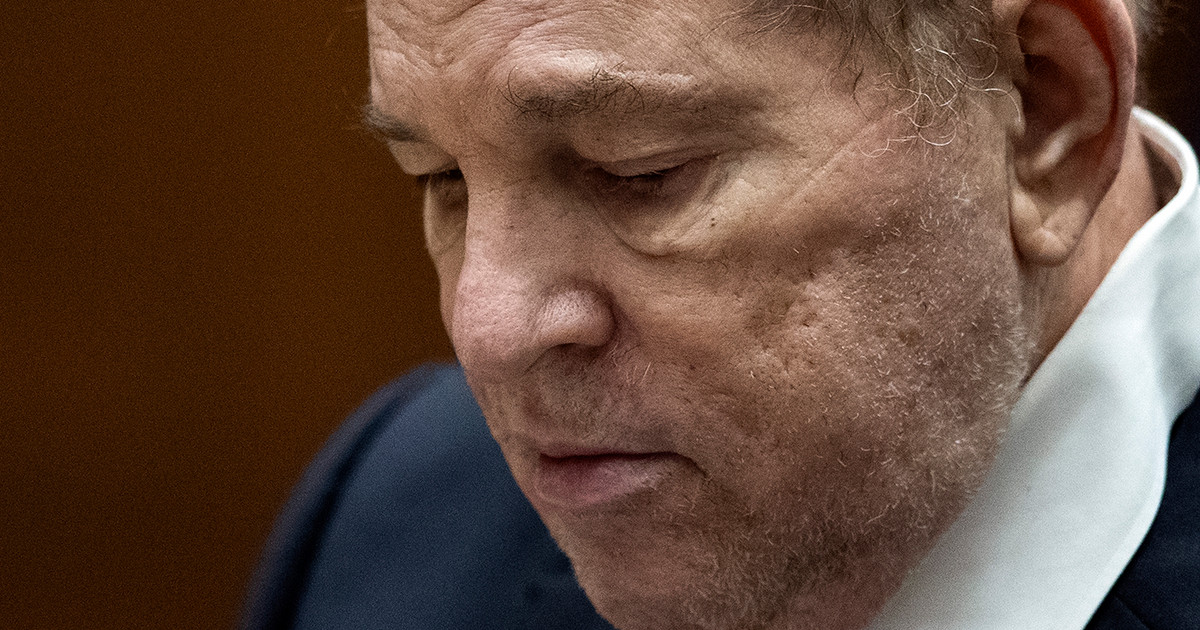By Leonidas Stergiou
The Omicron mutation and the persistence of inflationary pressures from energy and the supply chain are changing the plans of the European Central Bank, which had timed the crucial decisions on the bond-buying program at its December 16 meeting. This is the conclusion reached by the two-day ECB Council, which concludes today.
The ECB economists’ analysis and recommendations converge on the conclusion that the prolonged inflationary pressure and the Omicron mutation are shifting the elements necessary to take into account a change in monetary policy. The 10-year swaps and bonds send contradictory messages, with the yields of the former rising and the latter remaining low, signaling to the ECB that markets are preparing for any eventuality. At the same time, the prolongation of high energy prices has slowed down private sector investment, while consumption, although increased, is lower than in 2019. The labor market, despite the decline in unemployment, appears weaker than in the pre-pandemic period .
Thus, the ECB is facing fragile growth and persistent inflation. With the difference that the data today show de-escalation in 2022, provided that there will be no wage increases. However, these have been postponed until the end of 2021 to the beginning of 2022. Although the ECB has received assurances from large companies that there will be no increases this year, but sometime in 2022, economists recommend waiting until it has a better picture. .
No tapering, no raising interest rates
From the suggestions of the economists of the European Central Bank and the two-day council that concludes today, it emerged that there is not enough data to make a drastic decision on the bond markets, let alone interest rates. This is also clear from the public statements made by the Head of the ECB, Christine Lagarde, and members of the Executive Board.
Although Ms. Lagarde appears more reassuring, all public positions converge on the same conclusion. Particular attention is required to the decisions for salary increases that have been postponed for the end of 2021 to the beginning of 2022.
Public statements
ECB Vice President Luis de Guidos is drawing attention as risks lurk, according to an interview with Les Echos newspaper. The biggest one, as Ms. Lagarde has pointed out, is related to wage increases, which, if made, would make inflation permanent. As he explains, due to the pandemic, the wage negotiations were postponed to the end of the year with the beginning of 2022. Both Mrs. Lagarde and the minutes of the ECB economists, in the previous meeting, state that, according to a telephone communication that the Central Bank had with the largest European companies, there will be no increases at least until the end of the year. There will be some, sometime in 2022. This is exactly what De Guido fears, a concern shared by many members and economists of the ECB. However, in a recent interview with Frankfurter Allgemeine Sonntagszeitung in the Frankfurter Allgemeine Sonntagszeitung, she was asked why she was so confident that inflation would fall in 2022.
Omicron mutation
At the same time, the Omicron Mutation has rekindled uncertainty in the market, where the PEPP bond-buying program is stabilizing. On the other hand, it is estimated that this mutation will not have the same effects, the same duration and severity, compared to the period of the beginning of the pandemic. This is supported by statistics showing that countries with high vaccination coverage, ie over 90%, have significant defenses. Estimates also converge that this mutation, like the COVID pandemic, will be controlled.
However, it is too early to make decisions, in relation to the extraordinary bond purchase program. Growth in the Eurozone with the restart of the economy and the high vaccination rates justify some slowdown in bond markets, without this limiting the effectiveness of the measure. As bank executives explain, PEPP repayments do not have a specific date, so banks can use liquidity for longer.
PEPP program
The head of the ECB reminded in a public statement that the PEPP will remain active until March 2022, while Vice President de Guidos did not rule out the possibility of its expansion. What has been clarified is that there will be no interest rate increase until the purchases and repayments of PEPP are completed, something that is not expected to happen until the end of next year.
Mr de Guidos was also cautious about the duration of inflationary pressures from energy price hikes and supply chain problems. As he stated in his interview, everyone, not only the ECB, fell short of the forecasts regarding the duration of the phenomenon. Thus, it is not excluded that it will last longer in 2022, although all the data today show that, eventually, it will fall below 2%. What can upset the estimate are salary increases.
For all these reasons, the transient ones, as noted by the ECB, namely the uncertainty of the mutation on the one hand and the persistence of inflationary pressures on the other, the ECB members are being pressured to postpone critical decisions for a while, instead of meeting of 16 December.
.
Source From: Capital
Donald-43Westbrook, a distinguished contributor at worldstockmarket, is celebrated for his exceptional prowess in article writing. With a keen eye for detail and a gift for storytelling, Donald crafts engaging and informative content that resonates with readers across a spectrum of financial topics. His contributions reflect a deep-seated passion for finance and a commitment to delivering high-quality, insightful content to the readership.






